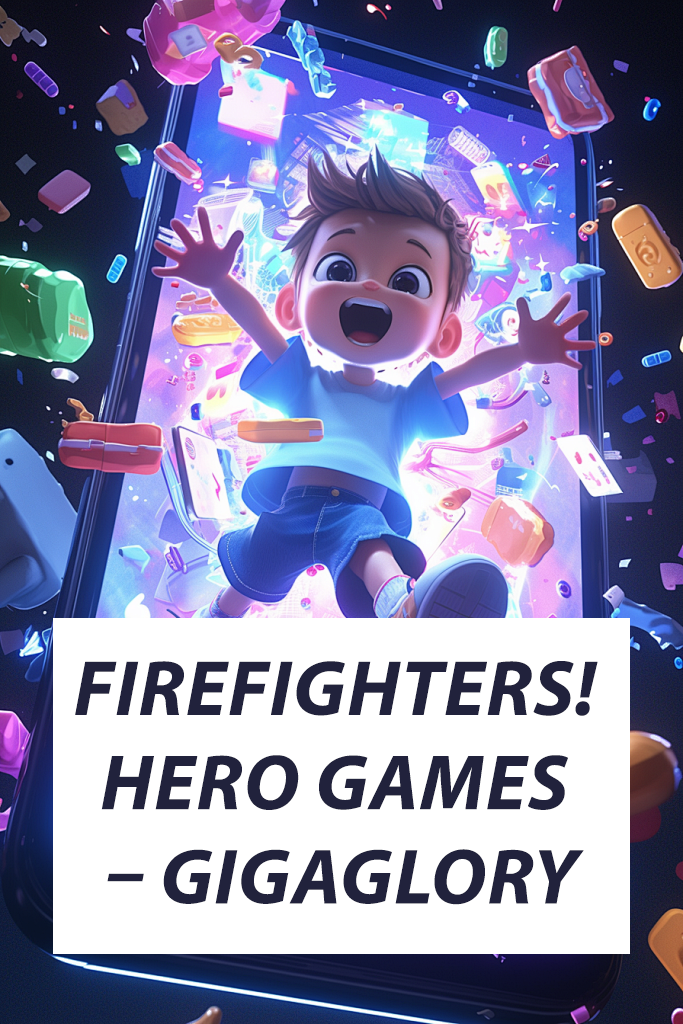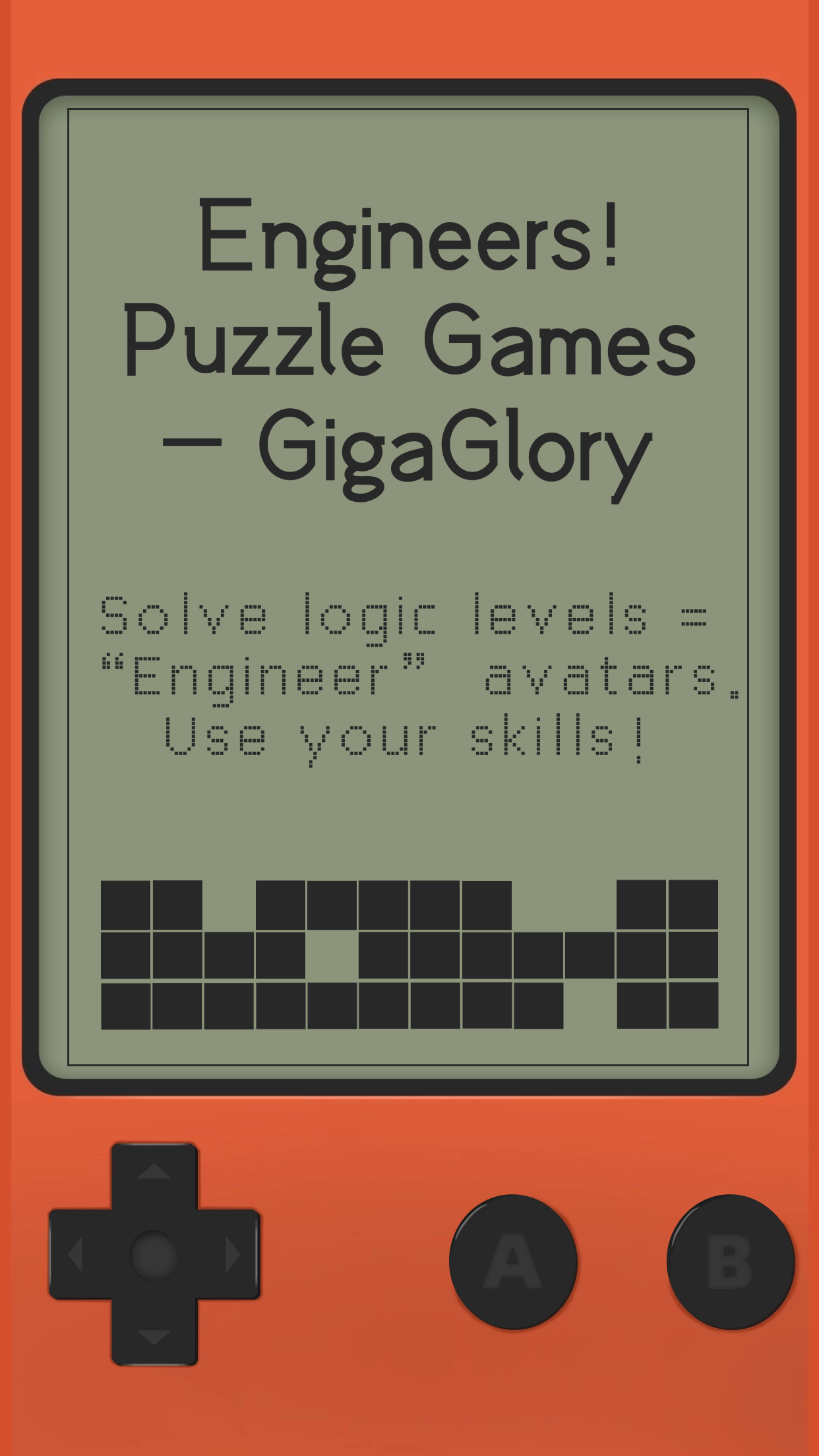Unlocking Fun: How Multiplayer Puzzle Games Transform Social Gameplay
In recent times, the gaming landscape has seen a significant evolution with the introduction of multiplayer puzzle games. These interactive experiences are more than just a way to exercise your brain; they offer a unique opportunity for social engagement. As players collaborate and compete, they not only challenge one another but also create lasting connections. This article delves deeper into how multiplayer puzzle games are reshaping social gameplay.
The Rise of Multiplayer Puzzle Games
Multiplayer puzzle games have taken the gaming world by storm. The advancement in technology and the increased focus on online connectivity have paved the way for a diverse range of puzzle games that are enjoyable for audiences of all ages. Here are some reasons why they are gaining traction:
- Social Interaction: Players can connect with friends or strangers, making the games more enjoyable.
- Teamwork and Strategy: Many multiplayer puzzle games require players to work in teams, enhancing strategic thinking.
- Variety: From escape rooms to kingdom builder board games, the puzzle genre is rich with options.
Types of Multiplayer Puzzle Games
Understanding the diversity within multiplayer puzzle games is crucial. From board games that can be played physically to online games that bring players from different corners of the globe together, there are numerous formats:
| Type of Game | Description | Example |
|---|---|---|
| Digital Puzzle Games | Played online, allowing instant collaboration. | Among Us |
| Board Games | Traditional puzzle games that involve physical components. | Catan |
| Escape Room Games | Players solve puzzles to 'escape' within a time limit. | Exit: The Game |
Kingdom Builder Board Games: A Popular Multiplayer Puzzle Genre
Among the various multiplayer puzzle types, the kingdom builder board game genre stands out. These games require players to build and manage a realm using strategy and problem-solving skills. Some noteworthy kingdom builder games include:
- Kingdomino: Players build their kingdom by connecting tiles.
- Carcassonne: A tile-placement game where players build landscapes.
- Castles of Burgundy: A complex strategic game centered around estate building.
Building Connections with Multiplayer Puzzle Games
The social aspect of multiplayer puzzle gaming cannot be understated. As individuals engage, they form bonds that transcends the game itself. This phenomenon can lead to:
- Increased Communication: Players learn to communicate effectively, developing both verbal and non-verbal skills.
- Problem-Solving Capabilities: Collaboratively tackling puzzles hones critical thinking.
- Friendships: Many players report forming lasting friendships through shared gaming experiences.
The Role of Technology in Enhancing Gameplay
Modern multiplayer puzzle games leverage technological advances to enrich the player experience. Features such as real-time collaboration, voice chat, and intricate graphics elevate gameplay. These improvements contribute to:
- Accessibility: Players from remote areas can join in and play.
- Enhanced Engagement: A realistic game environment keeps players invested.
- Cross-Platform Play: Players on different devices can enjoy the same game.
Challenges Faced by Multiplayer Puzzle Games
While these games are incredibly popular, they do face certain challenges. From issues with matchmaking to potential toxicity in player interactions, the gaming community must address these hurdles to foster a positive environment. Potential solutions include:
- Clear Rules and Guidelines: Establishing common policies can minimize unpleasant interactions.
- Moderation Teams: Utilizing moderators can help maintain a healthy game environment.
- Feedback Systems: Allowing players to report bad behavior can enhance overall gameplay.
Conclusion
In conclusion, multiplayer puzzle games have redefined the landscape of social gameplay. By promoting teamwork, strategy, and communication, these games craft a unique environment where fun and social interaction intersect. Whether you prefer digital experiences or traditional board games, the transformation brought about by multiplayer puzzle games is undeniable and is poised to continue shaping how we engage with one another in the future.



